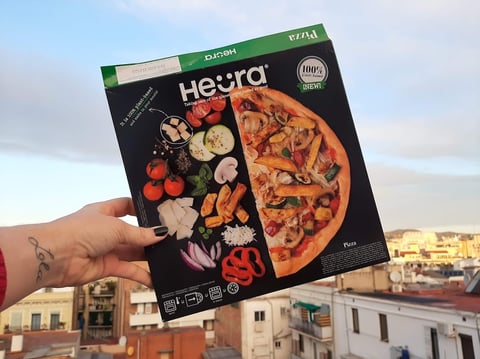 Photo: Brian Parker
Photo: Brian Parker
Vegan wines are on the rise. Fuelled by an increasing number of conscious consumers and buoyed by celebrities like Cameron Diaz and Sarah Jessica Parker starting their own wine labels, the category is fast making a splash in the wine industry.
Yet some may ask, aren’t all wines vegan? After all, the beverage is made from grapes and fermented with yeast. The truth is that wine-making does use animal derivatives in its production which renders it mostly non-vegan.
To sift through the great unknown, we’ve lined up a few pointers to help you pick wines that are not made with animal products. This way, you’d know that no animals were harmed as you sip your vino. Now that’s one more thing to say cheers to.
1. What is vegan wine?
The wine-making process requires that grapes go into a fermentation tank for yeast to feed on the grapes’ natural sugars. During this stage, proteins, phenolics, tartrates or tannins begin to develop in the wine that causes a hazy appearance.
These are naturally occurring substances that need to be removed to present a smooth wine that we love. This is where the process is not vegan: the fining agents required are typically derived from animal sources.
2. What animal ingredients are used in wine production?
The commonly used animal products for ‘fining’ are casein (a milk protein), albumin (egg whites), gelatin (animal protein), isinglass (fish bladder protein), protease (bovine pancreas) and chitosan(shells of crustaceans).
 Photo: Grape Things
Photo: Grape Things
It’s not just the winemaking process that involves animal products. Viticulture often uses animal-derived fertilizers like a bone meal from dead livestock or fish emulsion.
3. Are there vegan-friendly fining agents?
Yes, of course. There are several winemakers now using plant-based ingredients to fine the wine.
- Poly-vinyl-poly-pyrrolidone (PVPP)- is a man-made plastic substance that absorbs excess phenols and colors.
- Bentonite- is purified clay and has a negative charge. It binds protein colloids in white and rosé wines and also makes them heat-stable.
- Activated charcoal- can also remove prominent off flavors. It absorbs bad odors, aiding the wine from being contaminated and losing its taste qualities.
- Silica gel- This is mainly used to facilitate flocculation and to accelerate sedimentation during fining operations.
4. Are wines labeled as vegan?
Unfortunately not. Winemakers do not have to include information on the fining agents that they use. EU regulations explained by the Food Standards Agency only stipulate that wines fined using milk or egg products (both allergens) must be clearly labeled. Australian wineries are required to label whether any milk, fish or egg products have been used in the production process.
 Photo: Adonyi Gábor
Photo: Adonyi Gábor




